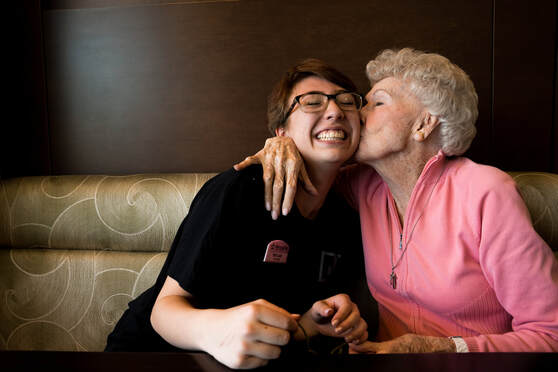Gardening can be a fulfilling activity for seniors, offering both physical and mental health benefits. However, for those with mobility issues residing in settings such as assisted living Phoenix, senior living Phoenix, retirement communities Phoenix, senior apartments Phoenix, and memory care Phoenix, traditional gardening can present challenges. Fortunately, adaptive gardening tools have been designed to help seniors continue gardening with ease and comfort.
Ergonomic Tools
Ergonomic gardening tools are designed to reduce strain and effort. These tools often feature lightweight materials and handles that are easier to grip and manipulate. For residents in senior living Phoenix or assisted living Phoenix who may experience arthritis or limited hand strength, ergonomic tools can make gardening more accessible and enjoyable.
Long-Handled Tools
Long-handled tools allow gardeners to work in the garden without bending or stooping, which is ideal for those with back problems or limited mobility. Tools like long-handled weeders, trowels, and cultivators enable residents of retirement communities Phoenix and senior apartments Phoenix to maintain their gardens from a standing position or a seated one if they use a wheelchair or mobility scooter.
Garden Kneeler Seats
Garden kneeler seats are versatile aids that serve as both a seat and a kneeling pad, which is helpful for transitioning between standing and kneeling positions. These seats often come with handles to assist with movement. For seniors in memory care Phoenix, these seats can provide stability and reduce the risk of falls while engaging in gardening activities.
Wheelchair Accessible Garden Beds
Raised garden beds and vertical gardens are excellent options for seniors who use wheelchairs. These beds can be built at a height that is accessible for someone seated, allowing full access to the garden without the need to stand. Many facilities, including those in assisted living Phoenix, incorporate raised beds into their communal gardens to accommodate residents with varying mobility levels.
Watering Aids
Heavy watering cans can be difficult to lift and carry, particularly for seniors with limited strength. Lightweight watering cans with long spouts can make watering easier, allowing better reach with less effort. Additionally, soaker hoses and drip irrigation systems can minimize the need for manual watering and are perfect for seniors in retirement communities Phoenix who enjoy maintaining larger garden spaces.
Tool Extenders
Tool extenders can be attached to existing gardening tools to enhance their reach and usability. These extenders are beneficial for seniors who have difficulty bending or who have limited reach due to mobility issues. Tool extenders are simple adaptations that can make a significant difference in the gardening experience for residents in senior apartments Phoenix.
By using adaptive gardening tools, seniors with mobility issues in assisted living Phoenix, senior living Phoenix, retirement communities Phoenix, senior apartments Phoenix, and memory care Phoenix can continue to engage in gardening. These tools not only make gardening physically easier but also help maintain independence, improve mood, and enhance the overall quality of life by enabling seniors to participate in a beloved hobby.










